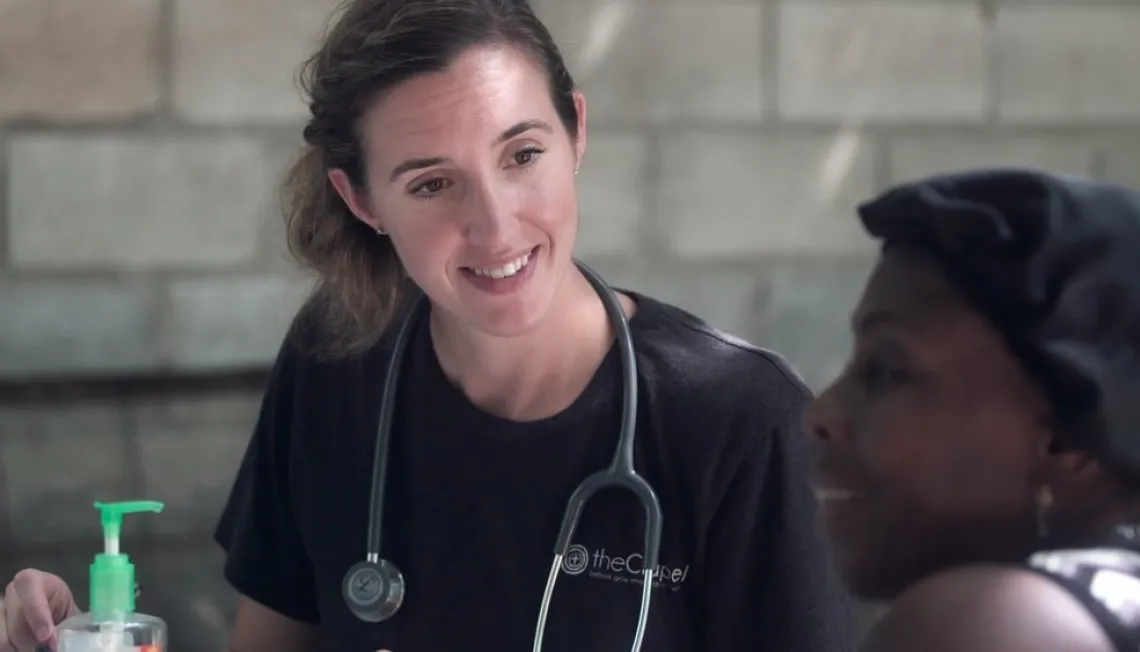Simon Thorneycroft, Mental Health Strategic Co-ordinator with Dorset Police, told us about two schemes that run locally: the mental health street triage and the liaison and diversion service.
Mental health street triage
The mental health street triage has been running since June 2014. Mental health nurses are available via telephone to provide support to police. They are available from 7pm to 3am, 7 days a week. They do not provide any on the ground support. The intervention usually happens at the point of contact between the officer and individual.
There are also nurses, employed by the NHS trust, based in police stations. They have access to not just their NHS database but also the police command and control system so that they themselves can understand each individual and each case as best they can. This helps inform their response.
Simon describes the service as “dynamic” and says it has also helped to break down barriers between health and police and fostered a better understanding of each other’s roles.
Liaison and Diversion service
The Liaison and Diversion service is funded by the NHS and has mental health professionals in the custody suites from 7am to 7 pm and has been running since June 2013. When individuals come into contact with the service they are screened then a decision is made as to whether or not they need to be redirected towards other services (such as mental health services or third sector organisations). In some cases they are diverted away entirely. There are also recovery workers who can give more intensive support if it is needed. Simon thinks that this has a “really positive impact” when used.
The work covers the county of Dorset but the impetus for these schemes and the wider strategies are definitely nationwide. Simon says that within the last few years the whole attitude to mental health has become more positive and schemes like Liaison and Diversion and Street Triage are indicative of this change. Liaison and Diversion is definitely part of a nationwide strategy but the mental health triage came together in a bit more of a “patchwork” way and has gradually developed.
A particularly innovative aspect of the work is the redesigned mental health acute care pathway by Dorset Clinical Commissioning Group (CCG), together with others. It has adopted a more person-centred approach, for instance individuals can self-refer to services such as the RETREAT which is staffed by health professionals and those with lived experience.
Embedded practice
The street triage scheme was piloted after its successful implementation elsewhere - Leicestershire/the West Midlands were amongst the first to start this kind of work and the outcomes were positive
Both initiatives have now become embedded practice but national and wider discussions about social and health care need to continue as both are becoming increasingly part of the work done by the police.
Simon believes that the criminal justice system is increasingly involving and covering social issues whether that be housing or education or health and this needs to be understood and thought about not in a piecemeal fashion but as a system-wide consideration.
This case-study was compiled and edited by Jaskirat Mann in 2018
